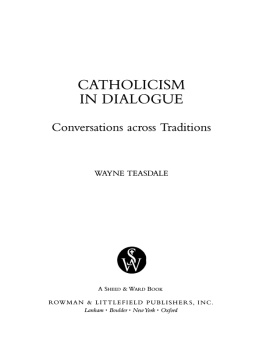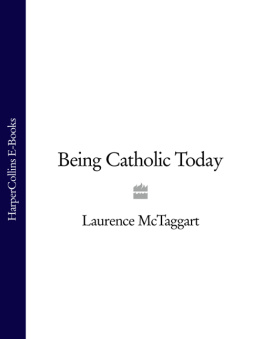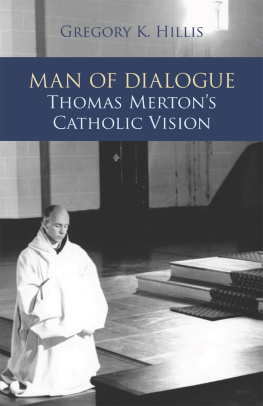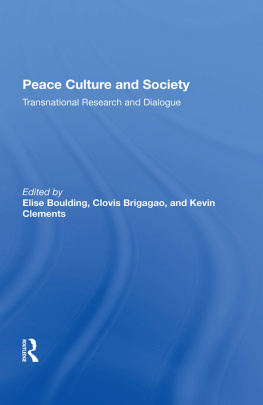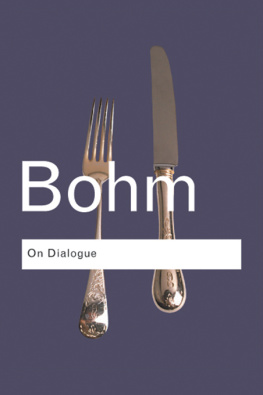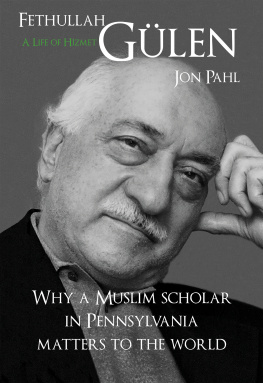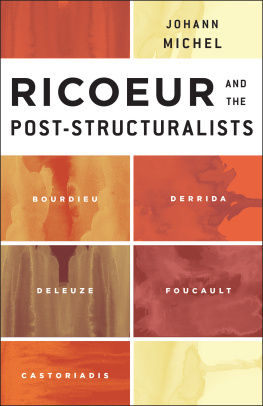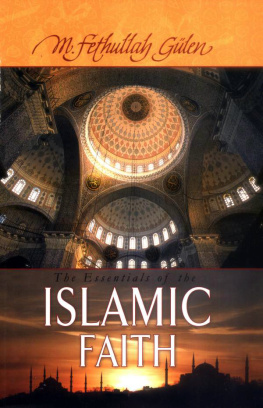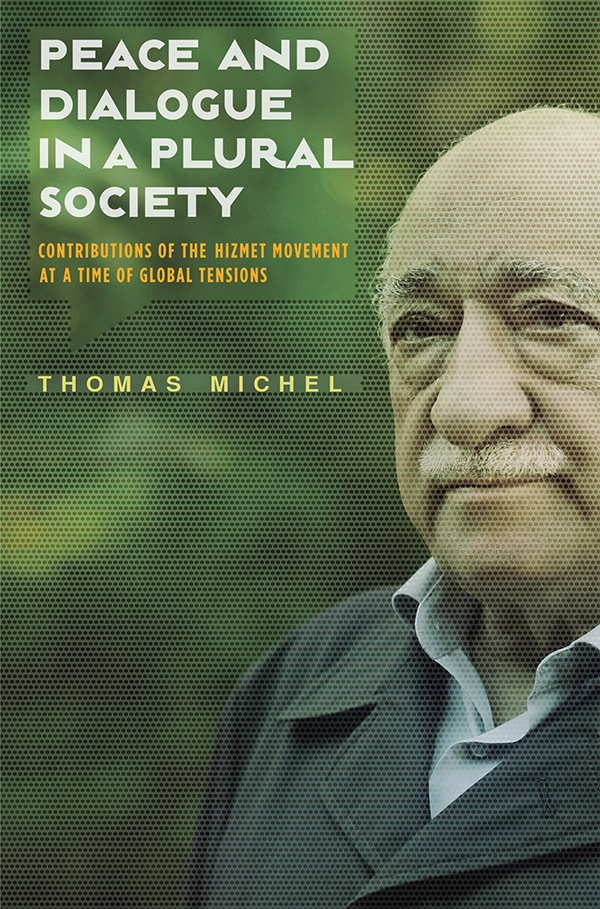PEACE AND DIALOGUE
IN A PLURAL SOCIETY
Contributions of the Hizmet Movement
at a Time of Global Tensions
Thomas Michel

New York
Copyright 2013 by Blue Dome Press
17 16 15 14 / 1 2 3 4
All rights reserved. No part of this book may be reproduced or transmitted in any form or by any means, electronic or mechanical, including photocopying, recording or by any information storage and retrieval system without permission in writing from the Publisher.
Published by Blue Dome Press
244 5 th Avenue, Suite D-149
New York, NY 10001, USA
www.bluedomepress.com
Library of Congress Cataloging-in-Publication Data Available
Epub
Ahmet Kahramanoglu
DIJITAL ISBN: 978-1-935295-76-1
Printed by
alayan A.., Izmir - Turkey
Preface
I was pleased to learn that some Turkish friends had decided to bring together various articles and papers that I had written on Mr. M. Fethullah Glen and to publish them in book form. This is a good initiative and one that I heartily encourage.
Although I cannot claim to more than a brief acquaintance with Mr. Glen, or Hocaefendi (hodjaeffendi) as he is affectionately called by those in the religious and educational movement associated with his name, I have had the opportunity to come to know personally many of the members of the movement and to witness the schools and other works carried out by the Glen community.
In my opinion, the community is one of the most dynamic movements taking place in the Islamic umma at the present time. Its dynamism can be seen not only in the rapid growth of the Hizmet Movement and its diffusion beyond the geographical and social confines of Turkey, but is also evident in the number and variety of creative activities taken up by its members. New faith-based initiatives of dialogue societies, television stations, cultural tourism, specialist journals, and academic congresses, of which new examples seem to be appearing every month, have taken the community far beyond its beginnings as a student movement in zmir, Turkey, in the 1970s. In all this activity, there is no denying the communitys dynamic commitment to perform service for the general good of society.
The Hizmet Movement is playing an important role as well of cultural mediation between the international Muslim community and the non-Muslim world. Our world is still plagued by many prejudices and stereotypes which cause much misunderstanding and harm. At a time in history when Muslims are too often living with the reputation of being backward, violent and xenophobic, it is vital that the Islamic community produce, from its own spiritual resources, individuals and movements that are representative of what is finest in Islamic ideals and teaching, communities that are progressive and modern, peace-loving and open-minded, and simultaneously self-confident and respectful of others. This is the image that the Glen community is bearing among the followers of other religions with whom they live and work.
Where did these ideas come from? The Hizmet Movement has a predecessor or spiritual mentor in the late Said Nursi, who died in 1960. This scholar, the author of the voluminous Quran commentary, the Risale-i Nur , saw the crises facing the modern world as boiling down to three. The real enemies of humankind, he stated, are three: ignorance, poverty, and disunity. Muslims delude themselves if they think that their enemies are this or that group of non-Muslims. Rather, the real need today is for people of religious commitment to be united in facing together the dangers of the time, expressed by this unholy triad of ignorance, poverty, and disunity.
It was the genius of Glen to take up the challenge of Said Nursi to confront these enemies of modern man and to inspire, through his colleagues and disciples, concrete responses. To confront ignorance, he started student hostels and dormitories and motivated like-minded people to open schools. To confront poverty, there are the communitys development programs, the communications network, and the social initiatives. To confront disunity, the Glen community has started up an extensive network of dialogue platforms and societies aimed at building friendships and overcoming suspicions. Several of the articles in this book seek to explore the relationship between the thought of Said Nursi and the activism of Fethullah Glen.
As I mentioned at the beginning of this Preface, I have not had the opportunity to spend much time with Mr. Glen. I met him briefly first in stanbul during an international congress on the Risale-i Nur , and then again in November 2005, when I visited his current residence in Bethlehem, Pennsylvania, U.S.A. I was part of a delegation of about 20 persons. After a simple meal, we gathered in the living room and exchanged news about recent conferences and other activities.
The next morning, after the Muslims performed the dawn prayers, they gathered again, under the guidance of Glen, for a lengthy instruction on the Quran. I mention this fact, because one will miss the significance of the movement if it is not understood, first of all, as a spiritual community whose direction and strength comes from serious attention to and meditation upon the Quran. Glens role in this process is that of teacher, which is the meaning of the title Hoca by which he is addressed.
This does not mean that the Hizmet Movement is a Sufi order, although there are some spiritual affinities between the thought of Said Nursi and Fethullah Glen, on the one hand, and the traditional Sufi Masters, on the other. Some of my contributions in this book try to explore the spirituality of the movement, noting some similarities, as well as pointing out differences that distinguish the movement from traditional Sufi tariqah s.
What perhaps impresses outsiders the most about the movement is its openness to dialogue and cooperation with non-Muslims. For example, the movement was prominently represented at the Parliament of the Worlds Religions held in Capetown and Barcelona. Its dialogue societies, that the community has set up with non-Muslim collaborators in countries as disparate as Australia, Czech Republic, Austria, and U.S.A., are among the most active local proponents of interreligious dialogue today.
In recent years, the community in a number of places has undertaken projects of cultural tourism, in which Glen community members accompany non-Muslims to Turkey on visits that combine exposure to art, history, and natural beauty with the opportunity to come to know the ideas and habits of Turkish Muslims and to build international friendships. Thus, the community has responded to a need often expressed in the tourist industry that travel to a new country ideally should not be limited to monuments and beaches, but should provide the occasion for an encounter with the people of the country visited.
For over 30 years now, Glens teaching has helped form many young Turkish activists. What kind of Muslims is he seeking to form? In answer, one might say, civilized believers. Glens contribution to the dialogue of civilizations might be summed up in the following statement, taken from one of Glens recent books: Civilization does not mean being rich and putting on fine airs, nor does it mean satisfying carnal desires and leading a luxurious, dissipated life. What it really means is being civil and courteous, kind-hearted, profound in thought, and respectful to others.
Glens Invitation to Dialogue
The need for dialogue among people of faith has been underscored by the events of the past few years. Interreligious dialogue is seen as an alternative to the much-discussed clash of civilizations. Those who do not subscribe to the theory that a civilizational clash is inevitable are proposing instead a dialogue of civilizations, an exchange of views aimed at mutual enrichment, a sharing of insights that can lead all to a deeper understanding of the nature of God and Gods will for humankind on this planet.


